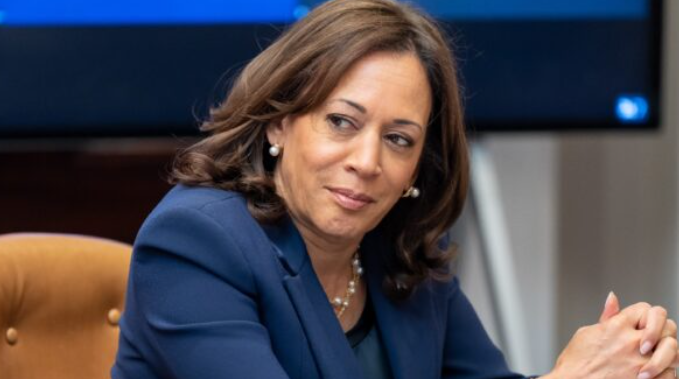Vice President Kamala Harris is poised to unveil her economic agenda this Friday in Raleigh, North Carolina, a key battleground state for the 2024 election. However, her plans, which include cracking down on so-called “price gouging” in food and groceries, offer little more than recycled talking points and misguided policies that do little to address the root causes of America’s economic challenges.
One of Harris’ key proposals is to provide up to $25,000 in down payment assistance for first-time homeowners, a plan that might sound appealing at first glance but is fraught with issues. While helping Americans achieve homeownership is a noble goal, such a sweeping promise could distort the housing market and lead to unintended consequences like inflating home prices even further, making homes less affordable for the very people it’s intended to help.
Even more concerning is Harris’ plan to impose a federal ban on what she calls “corporate price gouging” on food and groceries. This proposal is a classic example of government overreach, aiming to regulate prices in a way that could ultimately harm consumers. By cracking down on companies that she claims are raising prices unfairly, Harris ignores the complex factors that contribute to the cost of goods, such as supply chain disruptions, labor shortages, and inflation driven by excessive government spending.
Moreover, her agenda includes raising the minimum wage and ending taxes on tips, policies that could have negative impacts on small businesses already struggling in a difficult economic environment. While these ideas may resonate with some voters, they fail to address the broader issues that drive economic growth and stability, such as reducing regulatory burdens and encouraging entrepreneurship.
Harris’ focus on lowering grocery costs and combating corporate mergers in the food industry also raises questions about her understanding of the free market. By targeting mergers and acquisitions, she risks stifling innovation and efficiency in an industry that is critical to keeping food affordable and accessible for all Americans. Instead of promoting competition and consumer choice, Harris’ approach could lead to more government interference and higher costs for consumers.
This economic plan is being framed as a continuation of Bidenomics, the economic strategy of the current administration that has led to soaring inflation and economic uncertainty. Harris’ proposals, rather than offering a fresh perspective, seem to double down on the same failed policies that have contributed to rising costs and economic instability under President Joe Biden.
Former President Donald Trump, the Republican frontrunner for 2024, has already called out Harris for mimicking some of his policy ideas, such as eliminating taxes on tips. In contrast to Harris’ recycled ideas, Trump has a proven track record of economic success, including tax cuts, deregulation, and policies that fueled job creation and wage growth across the country.
As Harris prepares to unveil her agenda, voters should be wary of the promises being made. The vice president’s proposals may sound good on paper, but they fall short of providing the real solutions America needs. Instead of more government intervention and regulation, what the country truly needs is a return to pro-growth policies that empower individuals, foster innovation, and strengthen the free market.
The upcoming debate between the Republican and Democratic visions for America’s future will be critical in determining which path the nation will take. While Harris may attempt to present herself as a champion of working families, her policies reveal a different story—one of increased government control and a lack of understanding of what truly drives economic prosperity.








